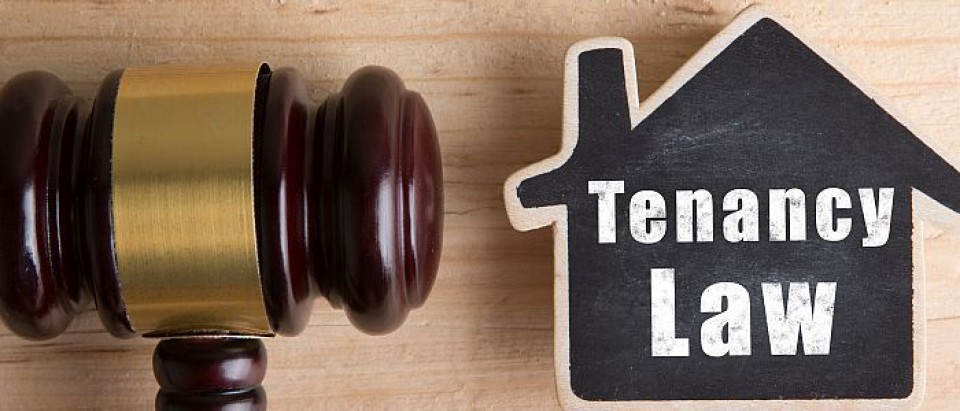Impact of COVID-19 on Residential Tenancies
Whether you are a tenant or a landlord of a residential property, it is important you know your rights and obligations during the COVID-19 Alert Level restrictions.
Law changes affecting residential tenancies
On 23 March 2020, the Government announced a freeze on residential rent increases and restrictions on ending tenancies during the lock-down period. These measures took effect on 26 March 2020.
For residential tenancies this means:
- there is a “rent freeze” preventing any increase in rental for six months. Any notice to increase a tenant’s rent will not apply unless the rent increase has already taken effect.
- if a landlord increases rent or purports to terminate a tenancy without grounds they may be liable for exemplary damages of up to $6,500.
- tenancies must not be terminated for three months unless the tenant gives notice to end their tenancy or in very limited circumstances. Fixed-term tenancies that expire during this period will convert to a periodic tenancy unless the parties agree otherwise.
- at the end of these timeframes, the Government will decide whether they will need to be extended.
Limited circumstances where a tenancy may end during the lock-down period
Tenants may terminate their tenancy as usual during the three months. If a tenant gives notice to end their tenancy, they may withdraw it at any time before the tenancy ends.
The landlord may only end the tenancy if the tenant agrees or if the tenant:
- substantially damages the property.
- assaults or threatens to assault the landlord, their family or the neighbours.
- abandons the property.
- engages in antisocial behaviour such as harassment.
- is 60 days behind in rent, which is increased from 21 days.
The Tenancy Tribunal will scrutinise landlords to ensure that they are not acting unfairly and terminating tenancies on unreasonable grounds. If the landlord is ending the tenancy due to the tenant being behind in rent, the Tenancy Tribunal will take into account the fairness of the decision and whether the tenant is making reasonable efforts to pay the rent.
Tenants moving properties during lock-down
At Level 4, the Government has warned that tenants should not move rental properties unless it is absolutely necessary. Examples of a necessary move include risk from family violence or when the rental property has become uninhabitable. When moving, the tenant must ensure they are preventing any risk of the spread of COVID-19 by following the Alert Level rules and Ministry of Health guidelines.
At Level 3 and below, moving to a different residential rental property is allowed, provided this can be done safely.
Property inspections and maintenance
At Level 4 Landlords must not visit the property to carry out an inspection. Landlords may only carry out a virtual inspection if the tenant agrees.
At Level 3 and below, property inspections are allowed provided that the landlord’s obligations under the Residential Tenancies Act are followed and that social distancing is maintained.
A trades person may carry out urgent repairs at any Alert Level. At Level 3 and below a trades person may carry out any repairs provided social distancing is maintained.
What happens when a tenant cannot afford to pay rent
If a tenant is unable to pay their rent the first step is to talk to the landlord. It is usually in both the landlord’s and the tenant’s interest if a payment plan is agreed.
If an agreement can’t be reached either party can apply for mediation through the Tenancy Tribunal although delays can be expected as a result of COVID-19.
While landlords can’t terminate the tenancy unless the tenant is at least 60 days behind in rent, they may seek a monetary order from the Tenancy Tribunal for rent arrears.
Further Information
At Saunders & Co we have an experienced team of property lawyers. We provide clear, practical and timely advice tailored to each client’s specific needs.
